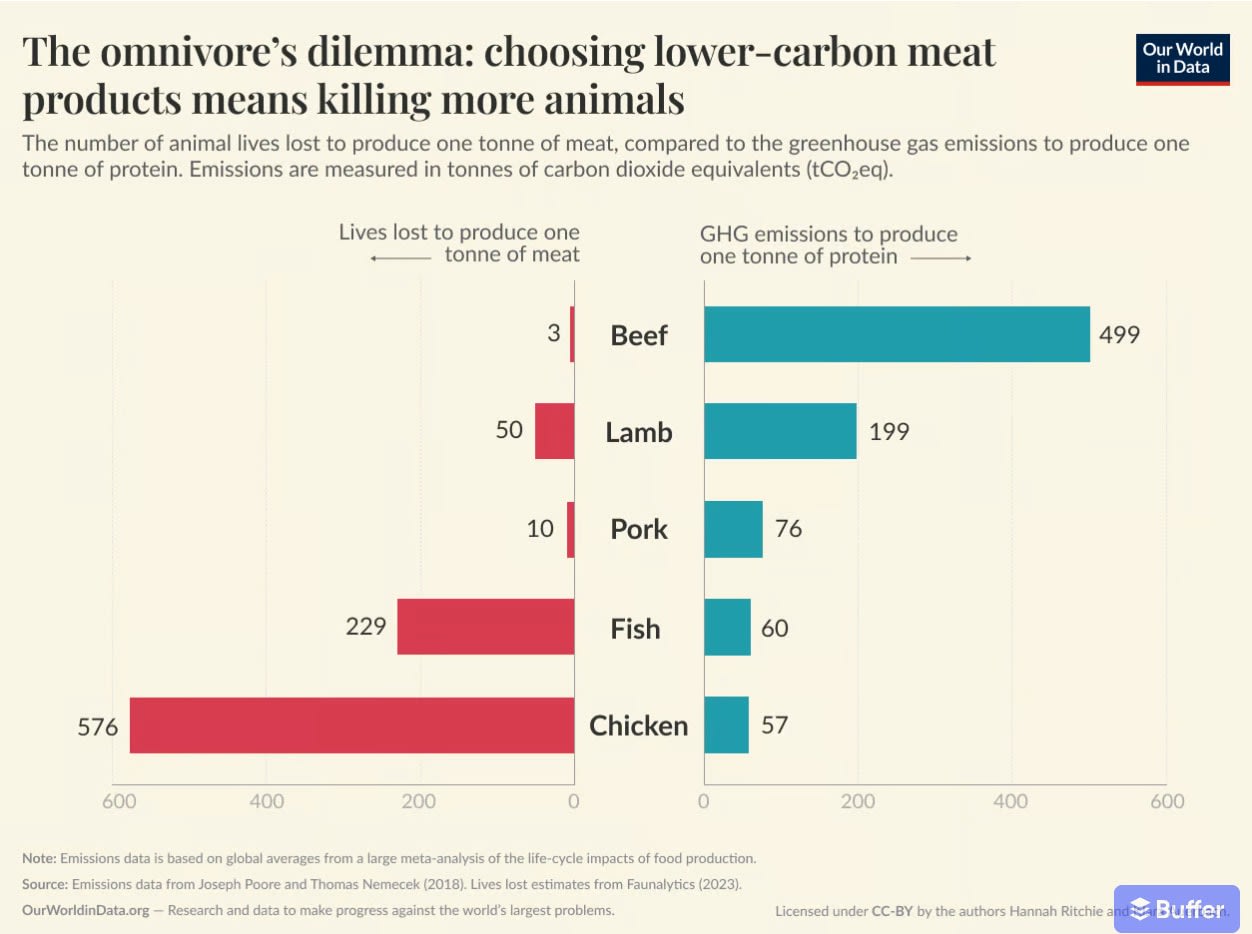I've seen a lot of articles, tweets, and forum posts urging more people to work on AI safety. While I agree that AI safety is extremely important and that more people should be working on it, I'm having a hard time imagining that a lack of interested young professionals is the key problem.
In this post, I briefly explore the job opportunities in AI safety as of May 13, 2023, for someone with a computer science / SWE background and for someone with an operations background, as both of those listed as key ways that people can concretely help on 80K's AI catastrophe problem profile, and both of those skill areas have over 30 corresponding jobs on
As of May 5, 20223, there are 110 roles for AI safety & policy. 72 of them are in research or software engineering, 40 of them are in ops, and 15 of them are in policy.
I'll use research and engineering jobs in AI safety as a first case study because it seems like this is the most directly related to addressing AI risks. Let's pretend that you have a SWE / CS background and are looking to work in AI research. Of the 72 AI research and engineering jobs listed on 80K, six are not actual jobs, but rather expressions of interest, ostensibly so that the organizations can invite you to apply for roles that fit your profile down the road. 33 of the jobs are in San Francisco, 11 are in London, and 22 are remote.
What if you are fresh out of school and want to work in this problem area? In the US in 2019, there were around ~ 65,000+ annual computer science graduates, and I would expect that number to have gone up in recent years. There are currently only 28 entry level SWE / research roles in the US this year. So even of < 1% of CS grads want to get into AI safety, there would still be a massive surplus of labor.
I don't have a strong enough awareness of job market trends in this field to know whether the salaries are competitive, but they ranged very widely from around $100k-$350k a year depending on experience levels, and it seems like you could comfortably live in the Bay Area as a single, debt-free recent college grad at the bottom of the salary range.
I'll use operations jobs in AI safety as a second case study because it seems like operations is the easiest path to working on AI safety for people without a computer science or philosophy degree. (There are currently only two communications roles and 18 policy roles related to the AI safety problem area on 80K.)
Let's pretend that you are an operations manager that doesn't have the time, money, or bandwidth to gain the technical skills for research or SWE jobs. You decide to check out the 40 operations "jobs" in the AI Safety problem area through 80K. Nine of them are "general applications" that don't seem to be tied to an actual position that exists (there's no clear filter for this, I hand-counted.) Eight of them are actually about information security, not operations. Twenty-four of them are in the Bay area, where if you make less than $117k a year, you technically live in "poverty" by some measures. Most of the ops jobs for AI safety on the 80K site don't have salaries posted, but this one pays a mere $25-$45 per hour. So if someone worked 40 hours a week at this job (assuming paid vacation or you never take time off), you'd make a minimum of $52,000 a year and a maximum of $93,000 a year before taxes. Depending on your personal situation, that may or may not be doable.
In contrast, there are 7,000 AI research jobs, 10,000 remote operations manager roles, and over 4,101 executive assistant roles advertised in the US alone for LinkedIn. These numbers are probably slightly inflated because LinkedIn's keyword search function is not that great, but even if we cut that in half, that still means that there are orders of magnitude more jobs for these people outside of the narrow AI safety niche.
I have also completely sidestepped the issue of getting visa sponsorship, etc. if you're not from the US or some other wealthy Western country and want to work on this.
It seems to me that a lot of the well-meaning pleas for EAers to consider working in AI research are a bit misdirected. It seems more plausible to me (admittedly as an outsider to the AI safety space) that it's the funding and supply that are the bottleneck here.
**These categories are not mutually exclusive.



Likely the number of operations roles is significantly influenced by the number of technical and policy roles. I assume that the more technical/policy headcount you have, the more operations headcount you'll need. If the bottleneck is in technical or policy, adding more ops roles may not accomplish very much.
That's a really good point! I updated this post and evaluated the tech job opportunities to reflect this.